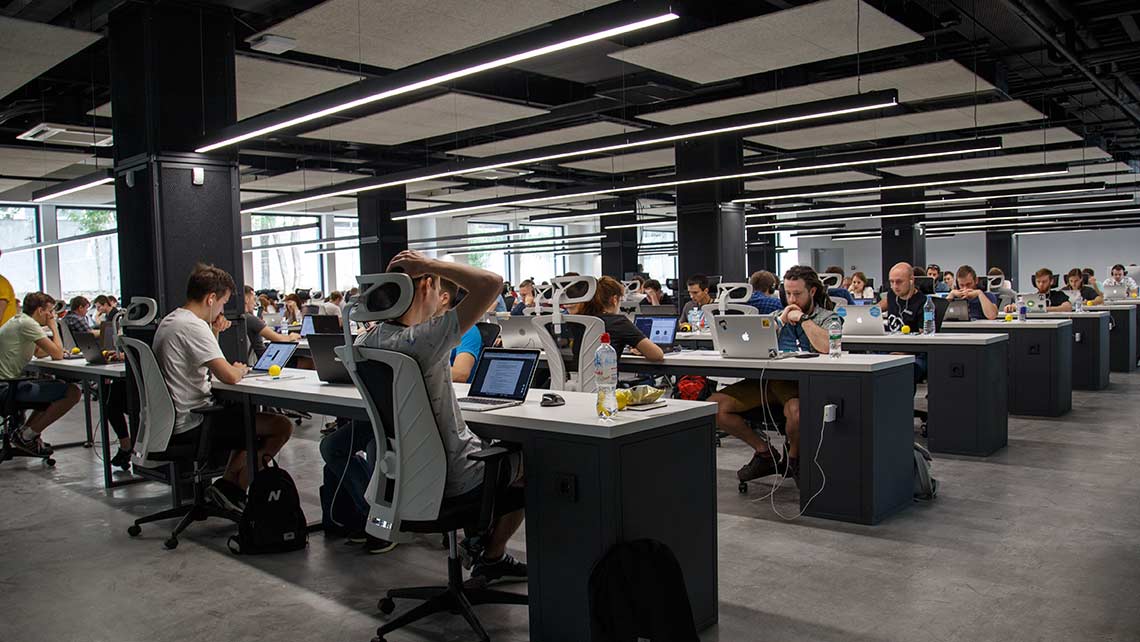You know that feeling of excitement you get after knowing a long weekend is coming up, and your two-day weekend is now a three-day weekend? Well, imagine that happening every Friday.
Over the past year, governments of Spain, New Zealand, and Singapore have openly been considering introducing a four-day workweek concept, which would have a wide range of benefits for the employee’s productivity, mental health as well as the environment.
Now, reports have shown that the largest ever trial of a four-day workweek in Iceland has been an “overwhelming success” and that it should be tested elsewhere too.
According to the report, conducted by the Autonomy and the Association for Sustainability and Democracy, results show that negative markers such as burnouts, stress, necessary over time, and disconnection with friends and family all went down, and in fact, found that those working shorter hours had improvement in productivity.
The Independent reported that more than one percent of Iceland’s working population participated in this trial, with no reduction in overall pays. The trial ran from 2015 to 2019 and involved over 2,500 people. Following the conclusion of the trial, 86 percent of the workforce moved to shorter hours for the same pay, or will soon gain the right to do so.
“This study shows that the world’s largest-ever trial of a shorter working week in the public sector was by all measures an overwhelming success,” said Will Stronge, director of Autonomy.
Overall, the research reported employees are feeling less stressed and at risk of burnout, saying their health and work-life balance has improved.
“The Icelandic shorter working week journey tells us that not only is it possible to work less in modern times but that progressive change is possible too,” said Gudmundur D. Haraldsson, one of the researchers at Alda who carried out this analysis.






